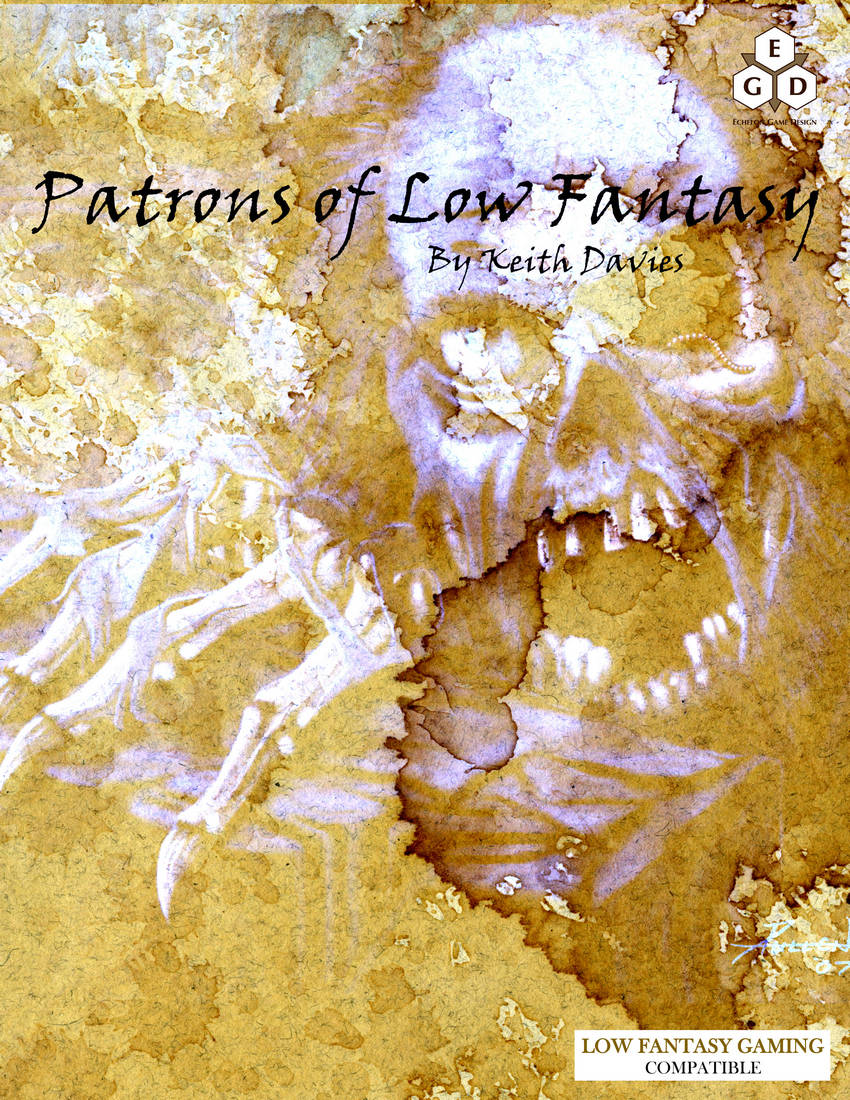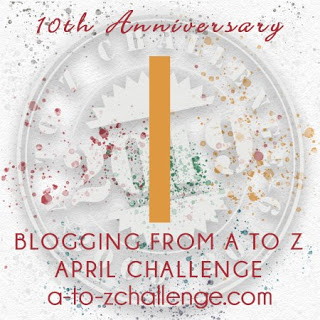Ilassa is ever-changing, staying in step with the turn of the seasons… and would see civilization crumble, the people returning to live with nature. She manifests as the wild skirling of bagpipes and seasonal winds that shift to match her mood.
She exists to support the Llyr Mi Lann tribes, close to nature, survive and prosper, and for others to join them in harmony with the land… even to the point of dissonance and cacophony caused by destroying civilization.
Her vassals gain the following favors and drawbacks.
Live the Wild Life At the First Grade, when in the wilds, treat Acrobatics, Animal Lore, Athletics, Detection, Stealth, and Wilderness Lore as ‘trained’. Appearance and personality take on aspects of the seasons, to noticeable and unnatural (and potentially annoying — “it’s spring! HUMP EVERYTHING!” is not necessarily how it goes, but it can be like that) degree. Hair and skin colors change to match the surroundings, and emotions swing to fit the season.
Speech of the Wild At the Second Grade, with a successful Charisma check spend a point of favor to cast Bestial Communion or Heed the Silent Forest. Even when not using this ability there is a constant feeling of togetherness with the wild… and when in civilization, a feeling of nakedness and being alone, resulting in disadvantage on Luck saves against emotion-affecting effects.
Wrath of the Wild At the Third Grade, with a successful Charisma check spend one or more points of favor to cast Hedge of Twisting Thorns or Sudden Transmogrification (animal forms only, one target per point of favor spent). Within a settlement, with a successful Charisma check spend one or more points of favor to cast Unchain the World Eater (80-foot radius for 1 favor, 160-foot radius for 2 favor, 320-foot radius for 3 favor, doubling for each point of favor after that… and one Dark and Dangerous Magic check per point of favor spent). Take on a feral mien, constantly surveying the surroundings and distrusting anyone who reeks of civilization — roll Insight and charisma checks with disadvantage when dealing with ‘city folk’.
‘The wild’ is basically anywhere outside a settlement (even so much as a village). ‘In civilization’ is in a town or larger settlement. Everything else is neither of the above: a vassal on a farm or in a village does not gain the favors of the first grade nor the drawbacks of the second.


